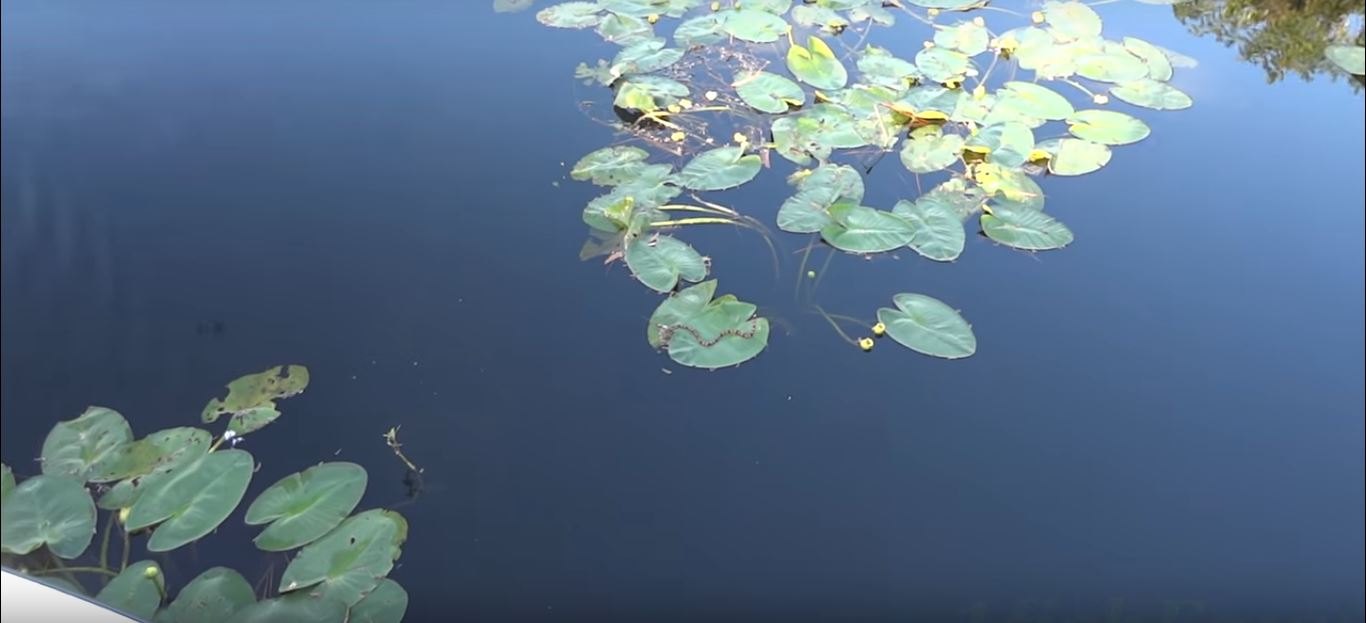Why do Snakes Bite?
By U.S. Nourishment and Drug Administration, around 8,000 individuals a year get
venomous snake nibbles in the United States, and just 9 to 15 casualties (.2%) bite
the dust. Truth be told more beyond words wasp and honey bee stings than from Charleston snake
chomps. The greater part of the fatalities got no therapeutic treatment or medical aid.
The same straightforward consideration one takes around wasp settles and occupied streets
suffices to keep the danger of snake chomp to adequate levels.

Regardless, venomous South Carolina snakes must be viewed as risky and even non-deadly nibbles can bring about
serious agony and enduring tissue harm. A few snacks, for example, those perpetrated when snakes
are incidentally ventured on or experienced in wild settings, are about difficult to forestall.
Be that as it may, Charleston specialists say a couple of precautionary measures can bring down the danger
of being chomped:
1. Leave winds alone. Numerous individuals are chomped when they attempt to execute a snake or get
a more critical take a gander at it.
2. Stay out of tall grass and stay on climbing ways however much as could be expected.
3. Keep hands and feet out of regions you can't see. Try not to get rocks or kindling unless you
are out of a Charleston snake's striking separation. (A snake can strike a large portion of its length.)
4. Be wary and ready when climbing rocks.
What do you do if all of a sudden experience a snake? You should stroll around the South Carolina snake, give it some room- -
no less than six feet. Something else, leave. Allow it to sit unbothered and don't attempt to catch it. Despite
the fact that venomous snakes can be perilous, snake venom might have a positive side. Clinical trials are
quickly under approach to test the remedial estimation of a venom-determined item called ancrod in treating
stroke. Prior proposition, utilizing snake venom to regard neuromuscular clutters, for example, various sclerosis,
never achieved the clinical trial stage.
Living with venomous Charleston snakes is truly the same than living with hornets, or other minor dangers of day by day life.
If you found one at home, you must not irritate it. The same alert ought to be connected if one sees a snake. Damage
might come about if hornets or snakes are bothered or badgering. In any case, in North America human wounds from
playing brandishes or slipping in the bathtub are significantly more basic than are wounds from South Carolina snakes.
Visit our Charleston wildlife removal home page to learn more about us.

